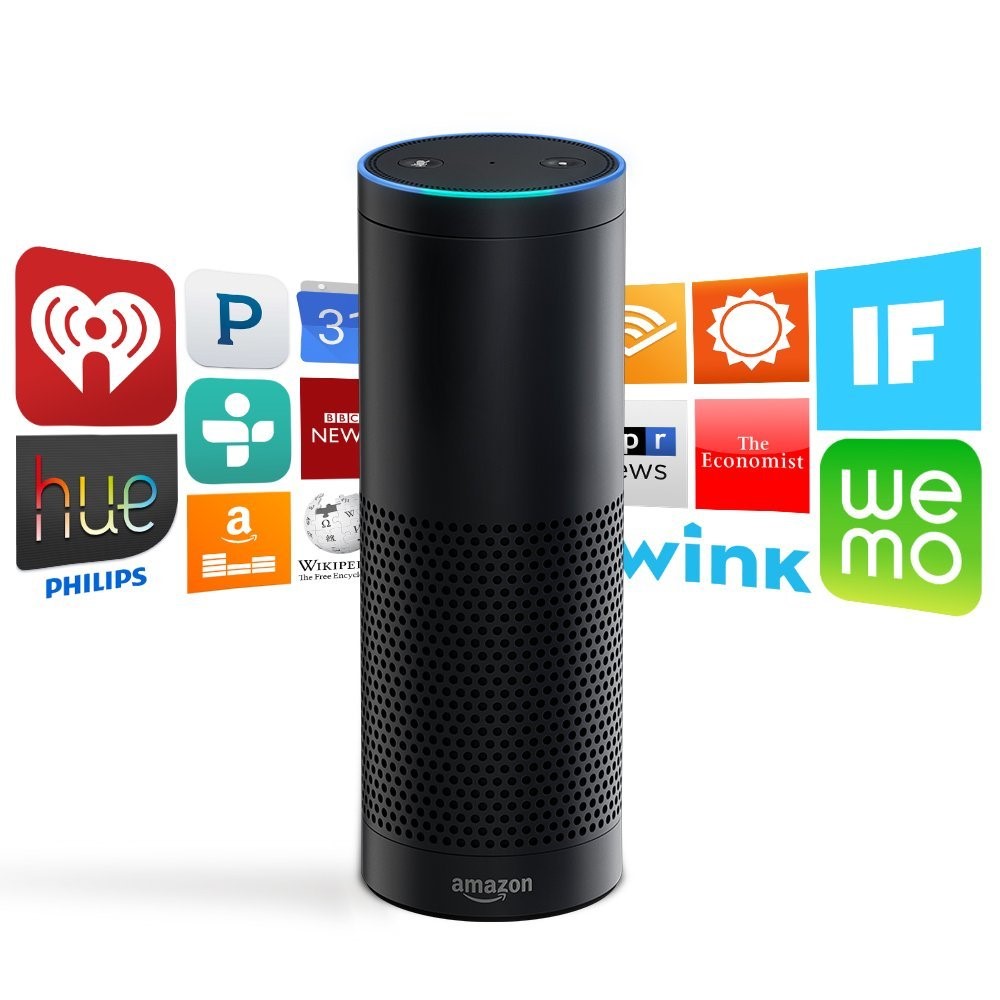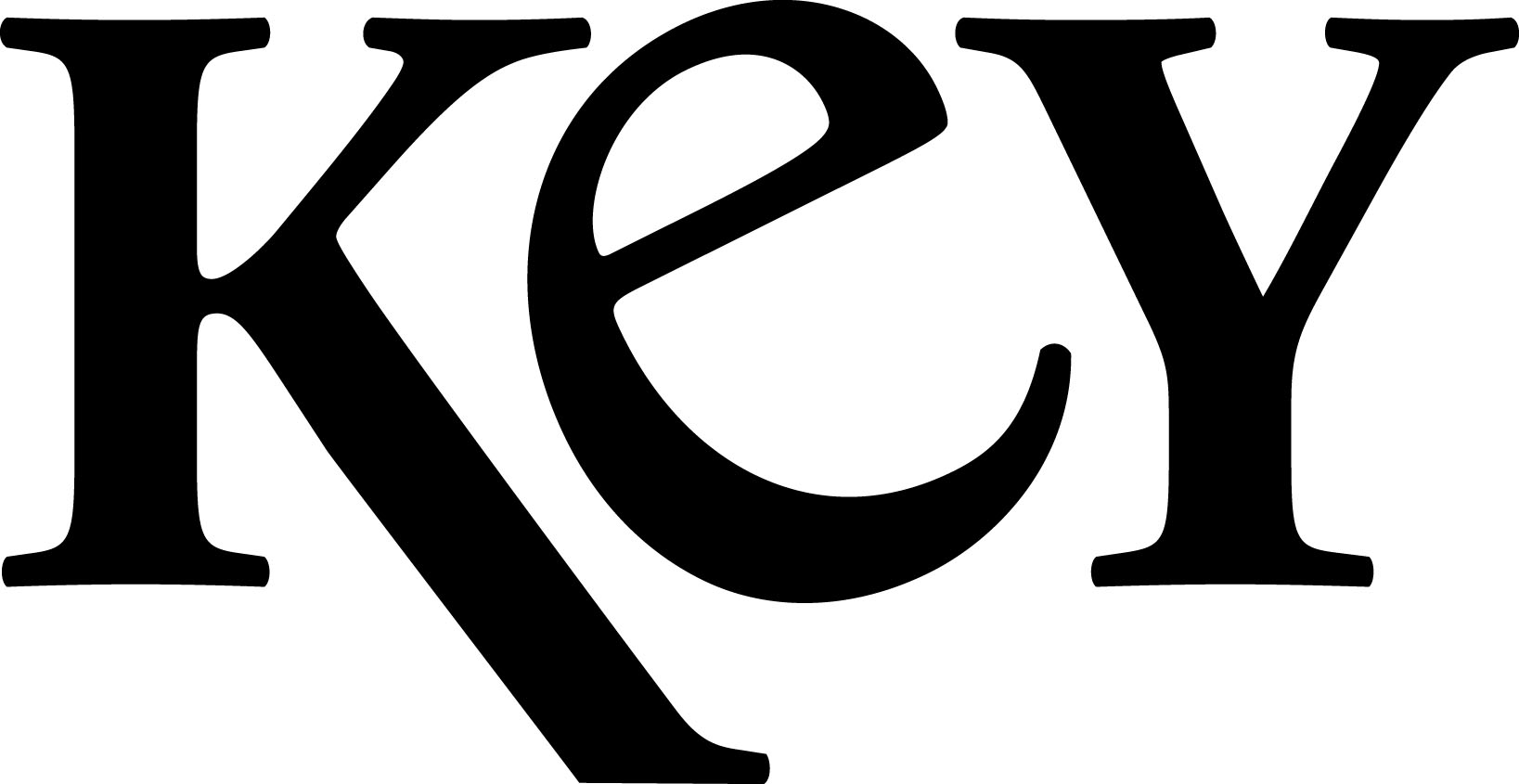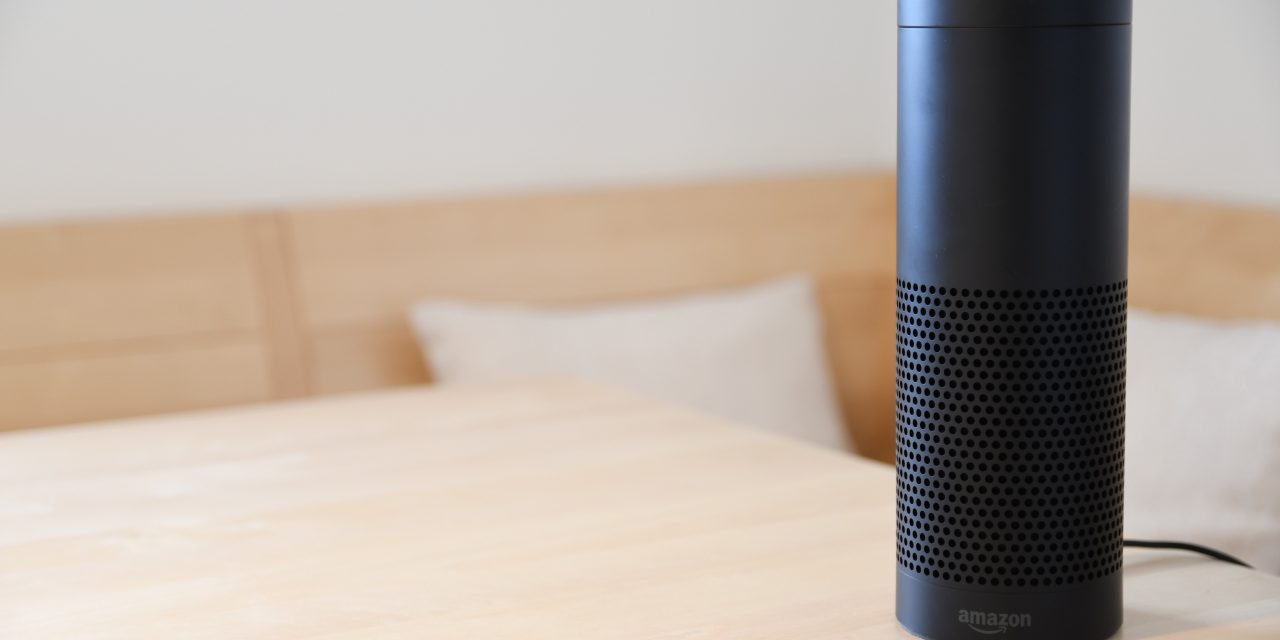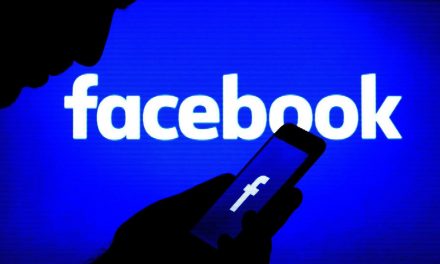
By Vaughn Cockayne | Spring 2019
In a survey conducted of BGSU students about surveillance on and off campus, 100% of those surveyed agreed that privacy is a human right that should be protected. Students also agreed they feel safe on college campuses and their privacy is not infringed upon. However, with the technological explosion that has taken place on college and high school campuses over the past decade, some have voiced concerns over breaches of privacy.

“Are people going to share stuff and speak up in class if they are worried about a camera or an audio recording? It is very frightening.”
– Jim Foust, Professor of Journalism and Public Relations
While BGSU does not have any unusual surveillance technologies, universities that are comparable to BGSU do. For example both Saint Louis University and Arizona State University have installed Amazon Echo Dots in their dorm rooms.
Additionally, Microsoft has partnered with several colleges and high schools to implement tracking technology on their student computers to help track them along the academic process by collecting data on their grades and search history.
The Children’s Internet Safety Act of 2003 allows security surveillance measures in schools to become much more intense. And while the intention of the companies, and the federal government, is for more security and academic improvement, the ethical questions about collection of data still persist.
“Almost anything that is computer based can be hacked,” Jim Foust, professor of journalism and public relations at BGSU, said. “I mean, what is to say that someone with bad intentions isn’t going to be able to hack into that and gather who knows what kinds of information about people.”
Recording in classrooms is also something many college campuses have begun to implement, again, in an effort for more security. In many cases, these recordings mean that discussions and ideas that were once reserved and protected by the privacy of the classroom become, in a sense, the property of the university.
“Stuff that used to exist in a vacuum. You would go to class, you would have a discussion then you would go home think about it and maybe talk about it next class, but nobody else would have access to that,” Foust said. “Are people going to share stuff and speak up in class if they are worried about a camera or an audio recording? It is very frightening.”
Overall, BGSU student opinion on surveillance rights are consistent. Most students disagreed with the common phrase in relation to surveillance: “If you have nothing to hide you have nothing to fear.”
While some may believe that college-aged students do not care about privacy, the data disagrees. In a study conducted by the University of Southern California Center for the Digital Future reported that the vast majority of millennials, 70%, agree that nobody should have access to their personal data.
However, the trouble comes when looking at the relationship college aged students have with consumerism. According to that same study more than half of college-aged people are willing to give up personal information in exchange for something in return.
“What reason do we have historically to trust the government with our private information? Very little actually,” Clayton Rosati, associate professor at BGSU, said. “What reason do we have to trust corporations to do the right thing with anything that might meet their interest over the public’s interest? Very little. We just shouldn’t trust them with it.”
With the ubiquitous, and nearly necessary, nature of social media, some have raised the question of one’s ability to be left alone in today’s society and to what extent safe internet practices can save one from having their information breached.
“It is a personal decision. Is it worth it to you whatever it is they are giving you in exchange for giving up personal information about yourself. I think it is at least nice to be in the position to make that choice,” Foust said.
Simple tactics like using strong passwords and being careful about what one posts on social media sites are the obvious ways one can protect his or her privacy online. However, those tactics are mostly safeguards against criminal breaches of individual information, but they do not address the large breaches of information collected by businesses like Facebook.
“This isn’t a kind of zero sum choice. We have the choice to make policies that say media companies have to be accountable for their use of information. They have to have specific protocols when it comes to collecting and utilizing information. These things have become part of our lives and part of our social environment,” Rosati said.
With massively publicized hearings and scandals about privacy from the world’s most popular social media site, Facebook, outrage was palpable. However, after some time the outrage seems to have died down, and Facebook CEO Mark Zuckerberg’s new privacy manifesto seemed to go by with little fanfare. Some suggest that it is a generational issue.
“It seems to me that students today think about the idea of surveillance less than older people do, and I think that’s because we saw during our lifetime this surveillance mechanism come into place and we can remember a world before it,” Faust said. “The baby boomer generation is a little more leary of this stuff.”
With the introduction of “outrage culture”, as some call it, and the constant stream of information from social media, the problem could be coming from an inability to be outraged about everything all the time.
“What’s interesting is the contradiction I think. It captures the politics of our times in a lot of different ways. We care about the environment, but it’s hard to get us to do things that would create real change. We care about the cost of tuition but do you see people out protesting that all the time? No there’s nothing I can do about it. Maybe it’s emblematic of our times in that we say we care about something, but it is hard to outraged all the things we should probably be outraged about,” Rosati said.
Some students feel as though the problem is just about a feeling of helplessness in the face of government of business surveillance.
“I mean you get to a point of ‘what can I do?’” junior Austin Reed said. “I try to look for the good things in it because chances are I won’t ever see any of the negative impacts of being watched by Amazon.”
“What reason do we have historically to trust the government with our private information? Very little actually.”
– Clayton Rosati, Associate Professor










